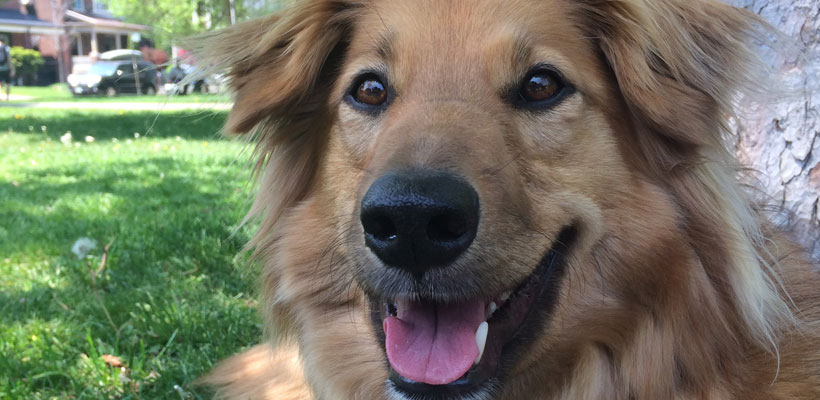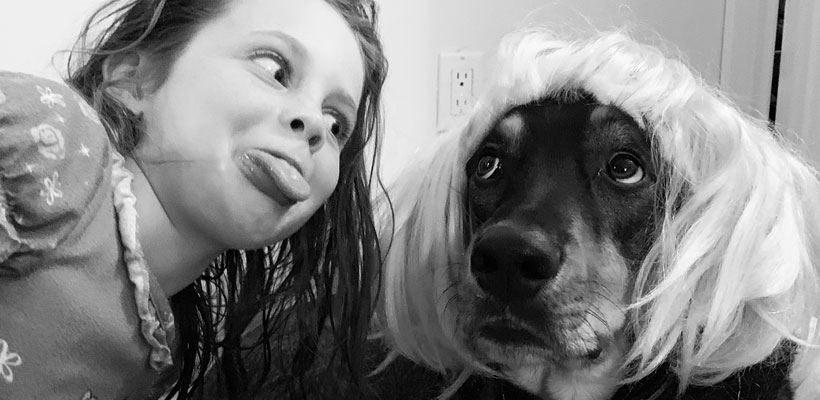
Looking for something different? 'Relationship Tune-up' is for anyone who thinks "it could be better" but isn't sure how.

A relationship tune-up might be in order if:
In person or live on-line, 1:1 coaching
Relationship Tune-up is individually tailored to you and your dog: the content of the coaching, and the number of sessions we recommend, will vary depending on your goals. You and your dog's needs drive the process!
Fun, inventive, healing or visionary — Relationship Tune-Up helps you create the relationship you want with your dog.
The first step is to become more aware: simply observe and assess! Pay attention to the number of positive, fun or affirming interactions you have with your dog, compared to the number of negative or repressive ones.
Ideally the ratio is 5:1 — often hard to achieve in busy households!
For more on building a positive relationship, contact us.

Positive reinforcement training is gaining popularity because it's effective and it's ethical — that's why many Humane Societies and SPCAs have adopted it.
It's worth noting the prevalence of a different but related field, positive psychology, used by many therapists with their human clients. Positive psychology focuses on what promotes well being, rather than focusing on mental illness and pathology. https://www.coursera.org/learn/the-science-of-well-being
Relationship-based training means different things to different dog professionals. In simplified terms, traditional positive reinforcement dog trainers teach clients to see dogs as learners to be taught behaviours using positive reinforcement.
Most relationship-based trainers also use positive reinforcement, but put more emphasis on the reciprocal nature of the learning process between human and dog. More focus is given to building attunement and attachment.
There's a lot of overlap amongst trainers, and labels might not be the best basis for selection. Instead, talk to us.
I have a geriatric dog and a 'spirited' eight-year-old kid. Mason got them both excited to train and working well together. She keenly observes behaviours and personalities in order to make useful suggestions that really deliver results. Who would have thought our old dog would be happily learning new tricks!
- Leiane, caretaker & companion to Hogan
And from Regan, 8 years old, also companion to Hogan: "Mason really helped me train my dog when I needed him to behave and cooperate."